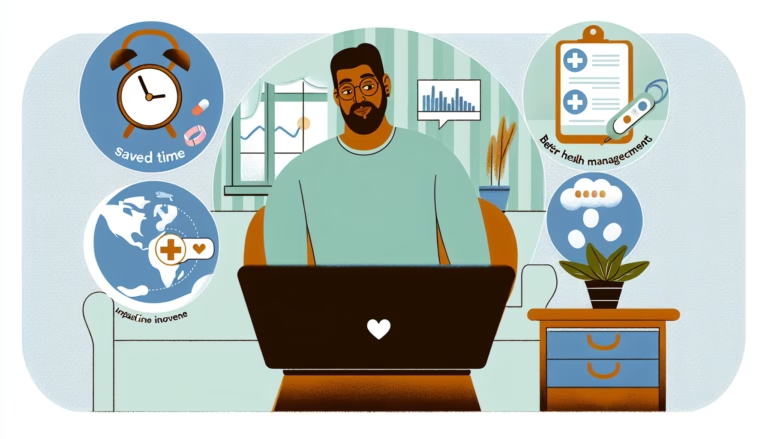Home health care is lauded as a cost-effective means to deliver high-quality care in the comfort of one’s own home. In particular, this form of care has emerged as a vital component in managing chronic diseases, often improving outcomes and patient quality of life. However, uncertainty and numerous questions might arise as to what home health care truly entails, and what patients can expect during this healthcare journey. This blog aims to shed light on these key areas.
Understanding Home Health Care
Home health care revolves around medical or therapeutic care provided in a patient’s home to maintain or restore health. It encompasses a wide range of services, from skilled nursing and physical therapy to nutritional support and mental health care. Unlike home care, which mainly involves help with daily activities like cooking and cleaning, home healthcare personnel have specific clinical skills required to manage a patient’s health condition.
Benefits of Home Health Care
The benefits of home health care are multifaceted. It provides patients with much-needed independence and a comfort level unmatched by hospital or rehabilitation facilities’ surroundings. Simultaneously, it cuts patient waiting times, reduces hefty health costs, and decreases the probability of hospital-acquired infections.
What to Expect
A home health care plan, generally proposed by the patient’s doctor, is custom-tailored based on individual needs and could range from 24/7 care to a few hours a week. Regular updates on the patient’s progress are given to the doctor, ensuring that the care plan gets adjusted according to the patient’s evolving condition.
Role of Technology in Home Health Care
The technological advancements of today’s age have added a new dimension to home healthcare. Medical alert systems, wearable devices, and telehealth services optimize patient monitoring at home, allowing immediate response in case of any emergencies or perceived abnormalities. Embracing these innovations can result in improved patient safety and outcome.
Caregiver’s Role in Home Health Care
Caregiving forms a critical backbone of home healthcare. While professional caregivers offer medical care, it is equally important for family caregivers to create a supportive environment. Understanding the patient’s condition, being aware of care protocols, and a positive, empathetic approach can significantly elevate patient comfort and satisfaction.
Conclusion
In essence, the unique blend of healthcare professionalism and comfortable, familiar surroundings in home health care certainly makes it a promising platform for modern healthcare. By being informed and adaptable, patients and caregivers can ensure successful navigation through the home healthcare journey, thus paving the way for a healthier and happier life at home.



